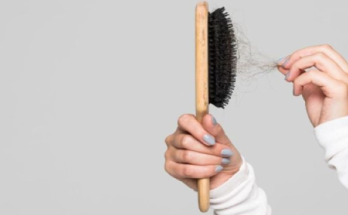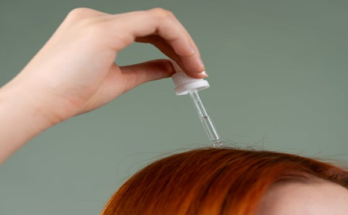While men’s hair loss is openly discussed, many women experiencing thinning hair or bald patches suffer in silence, often fearing judgment or misunderstanding. Female hair loss, medically known as alopecia, can affect the scalp or even the entire body. It may be temporary or permanent, with causes ranging from genetics and hormonal changes to stress and lifestyle factors.
Unlike men, who typically lose hair in defined areas, women usually experience general thinning or a widening part line. Though not life-threatening, hair loss can profoundly affect self-esteem and emotional well-being, highlighting the need for both medical support and compassionate understanding.
Hormones have a significant impact on hair growth. Pregnancy, childbirth, menopause, or thyroid problems can cause hair to thin or fall out more than usual. Some women inherit a condition called female-pattern baldness (androgenetic alopecia). It usually starts with a widening hair part or overall thinning across the scalp and tends to get worse over time.
Medical Conditions
Health issues, including polycystic ovary syndrome (PCOS), autoimmune conditions such as alopecia areata, or long-term illnesses, can lead to hair loss. Specific treatments, including chemotherapy, antidepressants, or blood pressure tablets, can cause temporary or permanent hair loss as a side effect. When your body lacks iron, vitamin D, biotin, or protein, your hair becomes weaker and sheds more easily.
Stress
Both emotional and physical stress can trigger sudden shedding, a condition known as telogen effluvium, where hair temporarily stops growing.
Hair Care Habits
Frequent use of heat styling tools, tight hairstyles, or harsh chemical treatments can damage hair shafts and roots over time.
Recognising the Symptoms
Female hair loss often starts slowly, making it hard to notice at first. Early signs include thinning on the top of the head, a widening part, or finding more hair than usual in your brush, on your pillow, or in the shower. Some women may develop small bald spots, while others see their hair looking flatter or thinner.
Since it’s normal to lose some hair every day, it can be difficult to tell when it becomes a problem. If you notice sudden or excessive shedding, it’s a good idea to speak to a healthcare professional for advice and treatment.
The good news is that women’s hair loss can often be treated, but the right approach depends on the underlying cause.
1. Medical Treatments
- Topical treatments: Products such as Minoxidil, available without a prescription, can help stimulate hair growth in certain types of hair loss.
- Prescription medication: A doctor may prescribe tablets to balance hormones or manage autoimmune conditions that cause hair loss.
- Corticosteroid injections: These are sometimes used to reduce inflammation when hair loss is linked to an overactive immune system.
2. Lifestyle and Nutritional Changes
- Eat a balanced diet that includes iron, protein, omega-3 fats, and vitamins to keep hair healthy.
- Manage stress through exercise, deep breathing, or therapy, as stress is a significant trigger for hair loss.
- Avoid harsh chemical treatments, tight hairstyles, and too much heat from hairdryers or straighteners.
3. Cosmetic Solutions
- Hair extensions, wigs, and volumising products can instantly boost confidence while treatment takes effect.
- Low-level laser therapy (LLLT) devices are becoming popular and may help stimulate hair growth.
4. Surgical Options
- In more severe or permanent cases, hair transplant surgery might be an option to restore natural growth.
Hair plays a decisive role in confidence and self-image, and when women experience hair loss, it can take an emotional toll that extends beyond appearance. Feelings of anxiety, embarrassment, or low self-esteem are common, but support and understanding can make a significant difference. Open conversations, counselling, and professional guidance help women better manage the emotional and physical aspects of hair loss.
Affinity Health supports women on this journey by providing access to healthcare professionals, telehealth consultations, and trusted medical guidance, helping them manage hair loss with confidence, care, and compassion.




